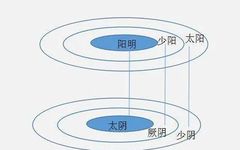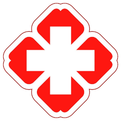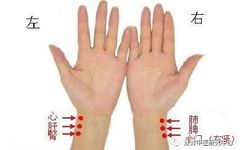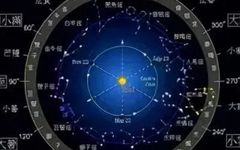Chapter 3: Eight Principles – Exterior and Interior, Cold and Heat, Deficiency and Excess
Chapter 3: Eight Principles Section 1: Exterior and Interior 1. Exterior Syndrome 2. Interior Syndrome [Appendix] Half Exterior and Half Interior Syndrome 3. Differentiation between Exterior and Interior Syndromes 4. Relationship between Exterior and Interior Syndromes Section 2: Cold and Heat 1. Cold Syndrome 2. Heat Syndrome 3. Differentiation between Cold and Heat Syndromes 4. … Read more






